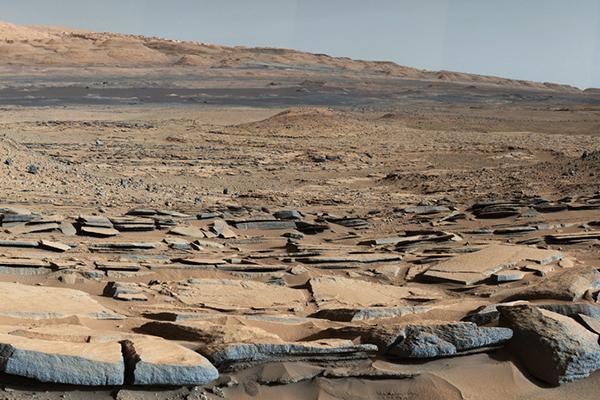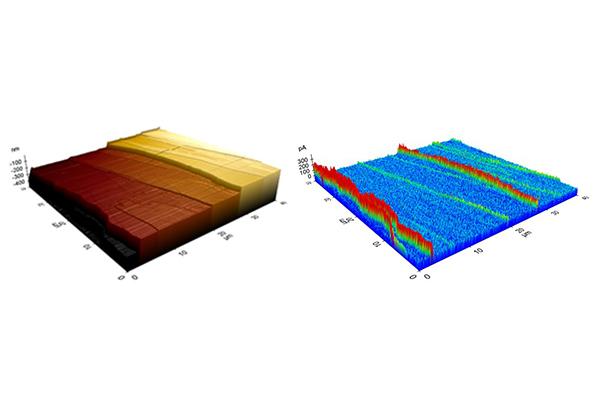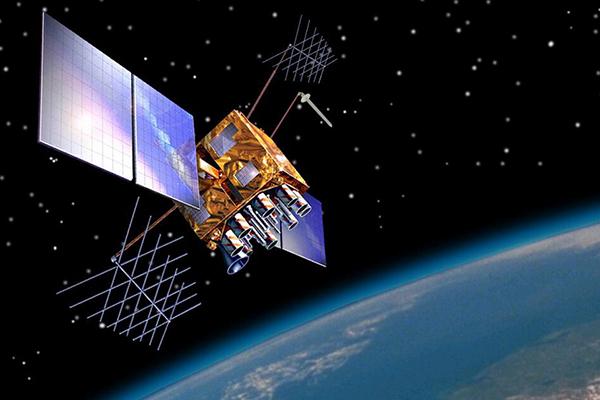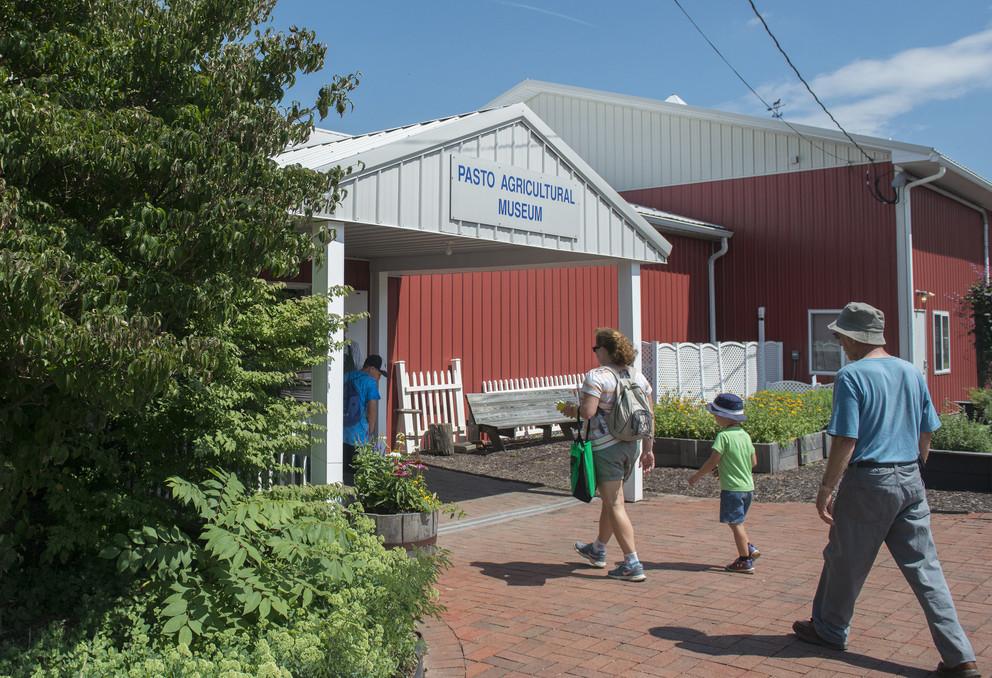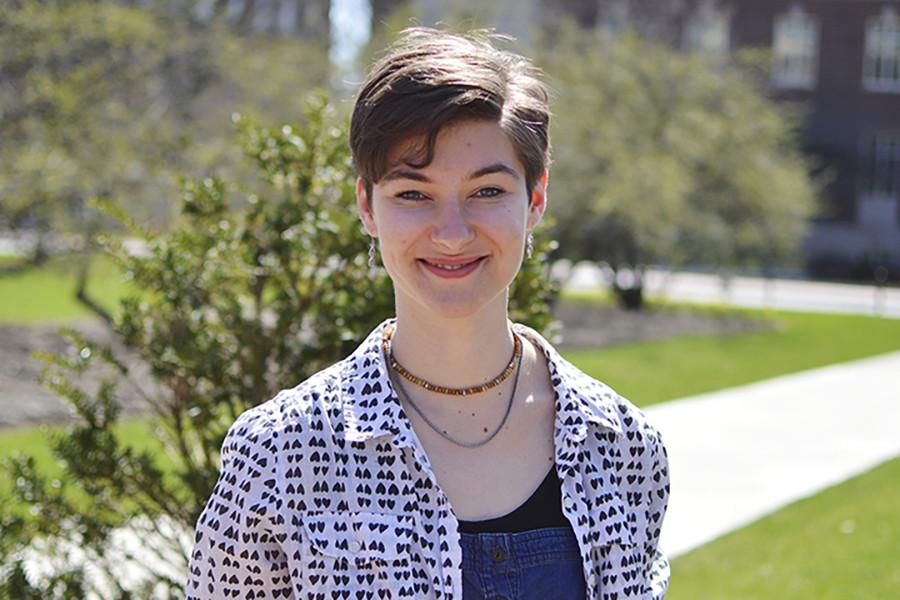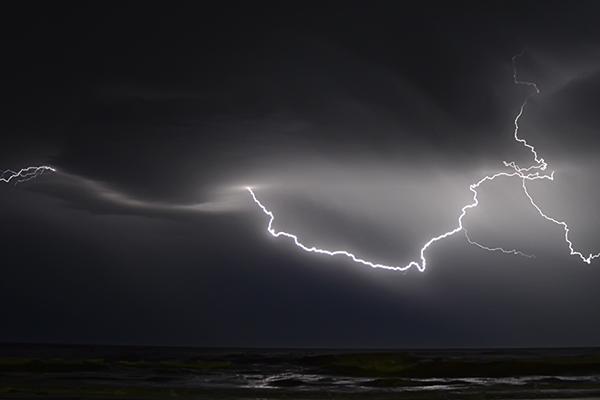Neil Armstrong took “one small step” onto the moon 50 years ago. To celebrate the anniversary of the Apollo 11 landing, Penn State will host a speaker and film event at The State Theatre in downtown State College on Saturday, July 20. The event, which is free and open to the public, begins at 6:15 p.m. with informational and interactive displays set up inside the theater.
Penn State's colleges of Agricultural Sciences, Engineering, and Earth and Mineral Sciences hosted a model rocket launch July 16 to celebrate the 50th anniversary of the Apollo 11 moon mission.
Photos taken by the Mars Curiosity rover may show a desolate rocky landscape to some, but to Penn State researcher Christopher House, the photos show potential for ancient life.
A new class of 2D perovskite materials with edges that are conductive like metals and cores that are insulating was found by researchers who said these unique properties have applications in solar cells and nanoelectronics.
Satellite technology has been a boon for humanity, leading to faster, clearer communications, quicker emergency responses, accurate location information, and global financial transactions.
Three Penn State colleges, the NASA Pennsylvania Space Grant Consortium and the Pasto Agricultural Museum will mark the 50th anniversary of the Apollo 11 mission’s Saturn V rocket launch with a free family event that will include a simultaneous rocket launch, hands-on activities, exhibits and demonstrations.
Katy Gerace, a doctoral student in Penn State’s College of Earth and Mineral Sciences (EMS), will be able to advance her research interests in materials science and engineering after receiving a 2019 Graduate Research Fellowship from the National Science Foundation.
“DisemPOWERed: Puerto Rico's Perfect Storm,” a film that examines the reasons why Hurricane Maria devastated Puerto Rico in 2017, will premiere at Penn State. The screening will occur at 6:30 p.m. Tuesday, July 23, in Foster Auditorium in Pattee Library.
Potential precursors to life on Earth form from a variety of complex mixtures, according to a team of scientists who say this could point to the development of building blocks crucial to forming genetic molecules for the origins of life on Earth.
Two Penn State faculty members have joined the leadership team of the Institutes of Energy and the Environment (IEE), including Erica Smithwick, the E. Willard and Ruby S. Miller Professor of Geography in the College of Earth and Mineral Sciences.




